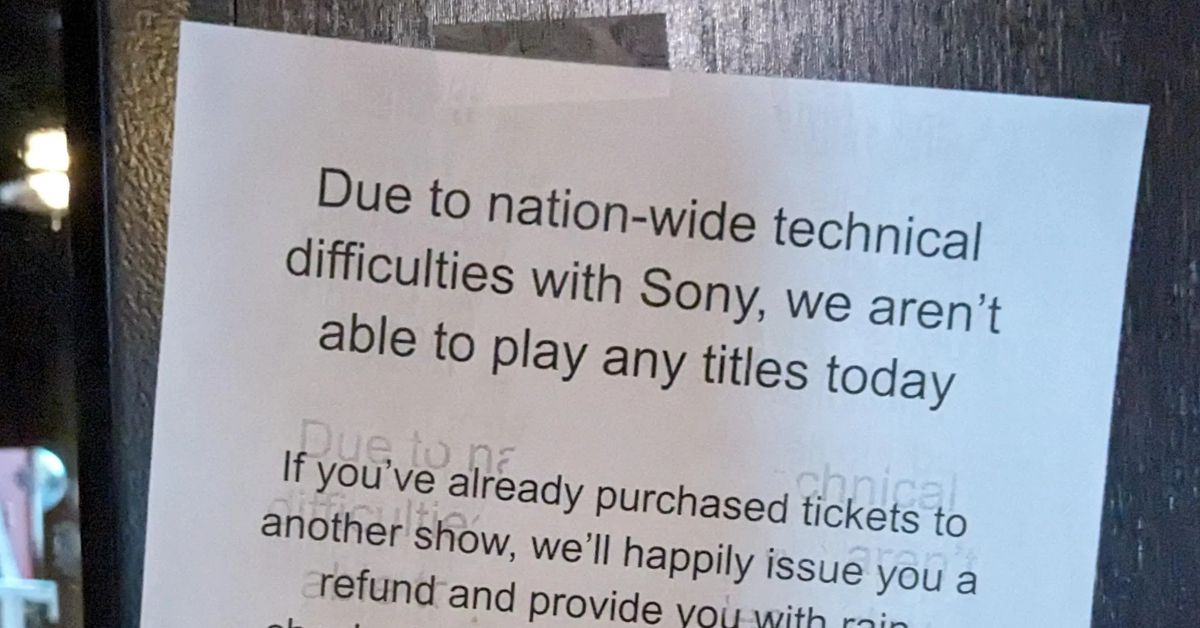From the article:
When we went to our seats, the wait staff let us know that despite the fact that the previews were playing, we wouldn’t know until the movie actually started whether we could see the film or not. If it didn’t work, the screen would just turn black. Luckily, the film went through without a hitch.



DRM only affects paying customers. It plays no role in effectively combatting piracy.
Only good service and good pricing is effective against piracy.
While I completely agree with you based on the data, DRM is absolutely sold to publishers on the pretense that it combats piracy, at least with keeping paying customers from engaging with media in ways the publishers don’t like (such as lending content or selling that content used in a secondary market).
And yes, the more draconian their restrictions, the more they drive people to resources that provide cracked or DRM-free content. That said, Sony is notorious for going to extreme lengths to severely limit use of their content outside narrow consumption, often with obligatory ad-viewing, driving people to either piracy, or avoiding Sony content at all.
At one point, I might have been interested in playing Horizon Zero Dawn and went from buying it, to getting a refund to thinking about pirating it to eventually deciding I cannot be bothered. But then I steer clear of most AAA game companies, now.
I mean unfortunately denuvo has been pretty effective lately. It’s not uncrackable but not a lot of effort is being put into it other than when Empress feels like it.